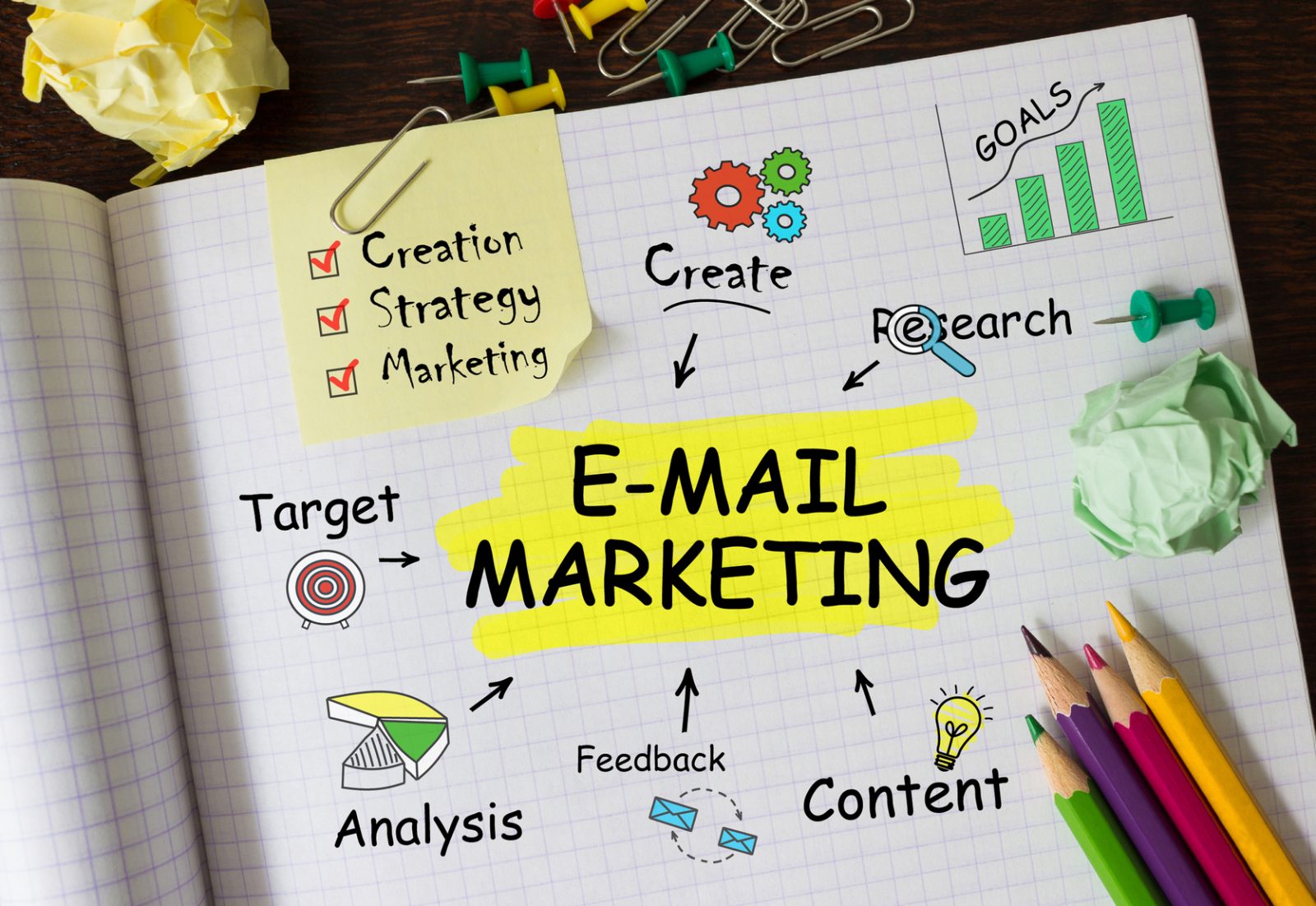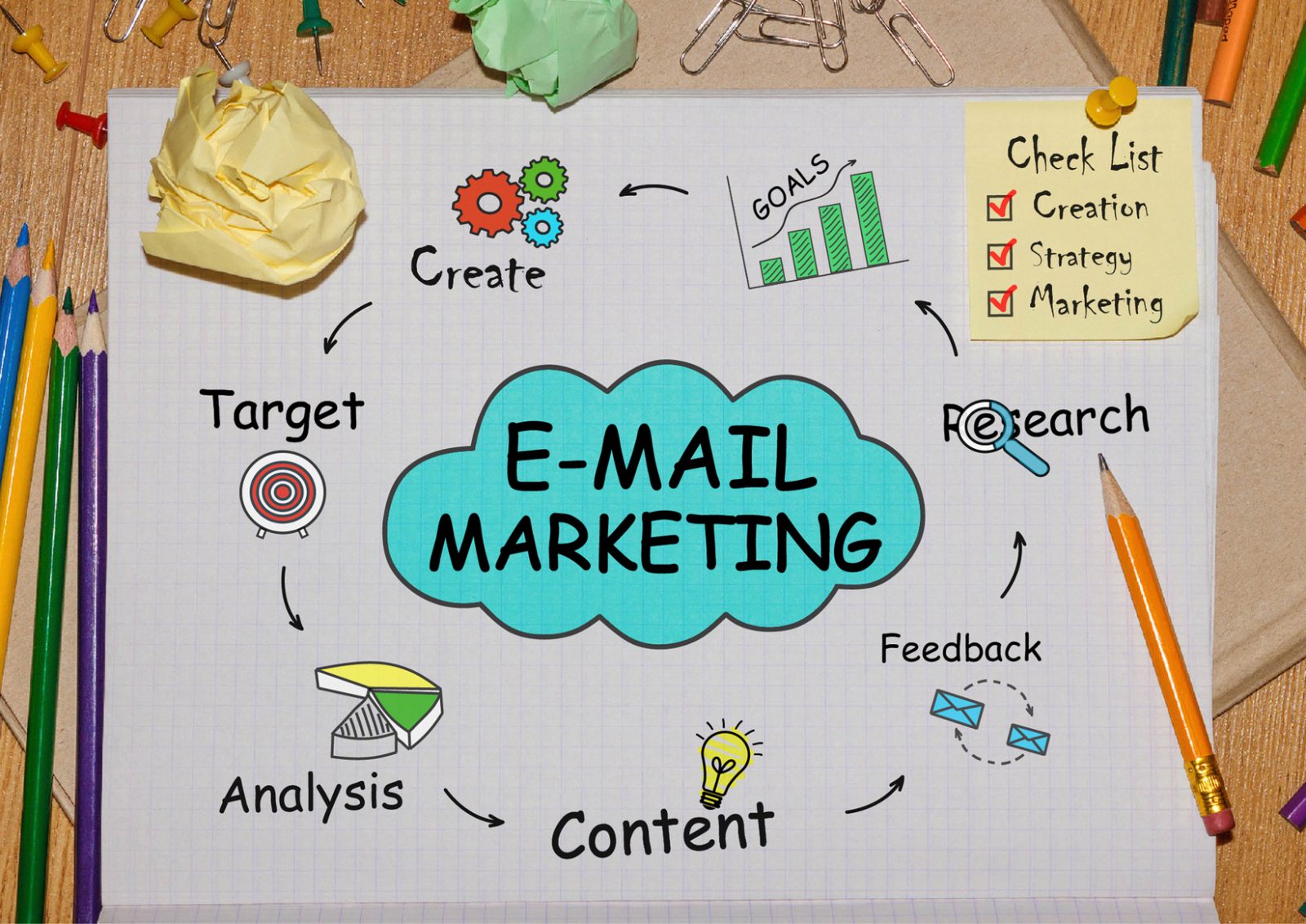In part two of our guide we show you how to set out and send email marketing messages, and the best way to acquire lists.
Category Archives: PR & Advertising
Email marketing tips – part 1
Email marketing can be an extremely cheap but powerful tool. In part one of our guide we show you how to plan an effective email marketing campaign.
Continue reading →
4 types of call to action and when to use them
Many people think that a ‘call to action’ at the end of a piece of copy is the invitation to buy. In fact, clever marketers and copywriters lead potential customers through a 4 step sales cycle with 4 separate types of call to action. Knowing which type of call to action to use and when to employ it is crucial to optimising the number of leads and conversions you generate. Here’s the Copywriter UK guide to the different types of call-to-action and leading your prospects through a compelling sales cycle.
Copywriting a call to action
Call to action #1 – Involve your customers
This is something that the social media revolution has made mandatory. Customers no longer just want to be sold to. They expect to feel involved and to be given information and advice for free that’s of real value to them. On the plus side, getting customers involved gives you the chance to let them find out all about your brand. It can build brand loyalty and make them ambassadors for you the way that nothing else can. That’s why this level of call to action to action is much more valuable than it first appears.
There are plenty of places on your website where it’s not appropriate to ask your customer to buy e.g. on FAQ pages, or on your landing page. Use these to build a familiarity with your brand by inviting them to read more about what you offer, or giving them advice via your blog. Ask them to tweet about competitions or their favourite products. Ask for their feedback. It’s all involvement and helps them to build a relationship with you which gets them returning to your site.
Call to action #2 – Get their email address
This is one of your most important ways of generating leads so you definitely should be asking for email addresses wherever you can. But you’ll need to give something in exchange. Try offering a free sample or download. Or perhaps a white paper with more detail on the subject of your blog. Once you have an email address, it’s simple to send a request for a sign up, or a really special offer related to the freebie which you think will interest your prospect.
Call to action #3 – Get them to sign up
Getting a prospect to sign up to a newsletter is a great way to ensure further involvement in your brand, and to entice them to buy. If you’ve been employing a full 4 tiered sales cycle, they’ll already be more disposed to buy simply because they’ve shown incremental interest in what you offer. Regular e-shots keep them updated on your offers, especially if you provide click through to specific web pages, and remind them of your brand.
Call-to-action #4 – Get them to buy
Now, and only now do you get to the point of asking for a sale. By this time your prospect is considerably softened up to your offer, and may already be talking about your brand online. Of course a call to purchase can always be used alone, but embedding it as part of a sales cycle considerably increases its power to influence.
When to use each type of call to action
It’s best not to confuse a prospect with lots of different calls-to-action on a single page. That may sound like ‘choice’ but actually it’s more likely to lead to no action at all. Design a journey with your highest priority call to action at each point and stick to it. Decide what you want each web page, print brochure or e-shot to lead to. Visits to your showroom? Enquiries? Sign ups? Sales? Make sure you’ve targeted your audience correctly and orientate your copy to one of these things, constructing a call-to-action to suit.
Tips for creating calls-to-action that work
Try to make your calls to action as specific as possible and load them with keywords. So if your free report has 200 pages, say so. Or skip that and go straight to the benefit e.g. ‘click here to reach your target weight in 3 weeks’. Make buttons large and easy to see with contrasting colours, and place them in the right-hand corner above the fold (in the ‘first screen’). Shallow navigation and a simple pathway will mean your prospect is more likely to complete your desired action.
Leading a prospect through the sales cycle on your website can be a complicated task. If you need help give Copywriter UK a call today. We’ll be happy to help.



